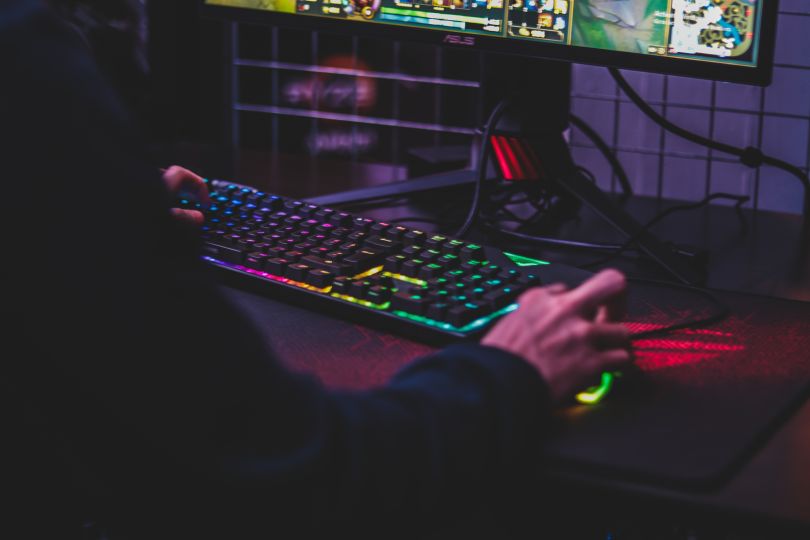Leveling Up Life: How Gaming Innovations Are Influencing Daily Living

Gaming has come a long way from the pixelated adventures and simple joystick controls of the past. It’s not just about leveling up or scoring points anymore; it’s about connecting, learning, and even improving our well-being. Games are now a part of our social lives, classrooms, and quiet moments of relaxation. They’re influencing how we interact, how we solve problems, and how we express ourselves. In this article, you’ll discover how the games we play are shaping our lives in ways we’ve only begun to grasp.
Gaming and Social Interaction
Online multiplayer games and social platforms are now contemporary spaces where bonds are formed and communities are built. The attraction goes beyond the games themselves; it’s about the social interaction and camaraderie, where players worldwide converge in a digital meetup. Games are now conduits for forming friendships, fostering teamwork, and establishing expansive global communities anchored by common interests and collective challenges.
Consider the global phenomena of Fortnite and Among Us – their appeal lies not just in engaging gameplay but also in the vibrant communities that have emerged around them. In these spaces, players exchange strategies, revel in joint victories, and support each other through losses, cultivating relationships that spill over into the real world. In this environment, gaming transforms from an individual adventure to a shared experience, marking each participant as a member of a broader collective that stretches beyond the virtual environment and intertwines with our real-world social interactions.
Online Casinos
The digital revolution sweeping the entertainment industry is apparent in the world of online casinos. These platforms have grown from the periphery of the entertainment industry to become core components of mainstream recreational activities. Within this dynamic environment, roulette—a game rich in history—has experienced a renaissance. It represents the ideal union of traditional gaming charm and cutting-edge technology.
PokerStars Casino is one example of this unfolding narrative, incorporating the appeal of roulette into the online environment, delivering an experience that embraces both the innovations of the present and the nostalgia of the past. Each spin of the wheel and bounce of the ball is a nod to the enduring legacy of a game that has stood the test of time, now enhanced with modern technology to satisfy the contemporary gamer’s appetite.
This integration of roulette into the online sphere marks a significant shift. It’s more than just a change in how we play—it signifies a significant progression in our entertainment experience. The physical and digital worlds are coming together, signaling the onset of an age where the casino’s excitement isn’t limited to its majestic structures in Las Vegas and other cities. Instead, it permeates our digital existence, becoming as accessible and engaging as ever, marking a shift in the location of play and the overall recreation experience.
Gaming in Workplace

The integration of gaming in the workplace is changing how we view our professional environments, enhancing engagement, learning, and collaboration beyond the routine. Gamification is making inroads, turning tasks and training into interactive experiences that employees look forward to.
Imagine a scenario where team-building exercises are as engaging as your favorite game, where learning new skills feels less like a chore and more like conquering levels in a game. In this setup, employees are not just clocking in hours but are active contributors, engaged and motivated.
This blend of work and play is breaking down the walls between professional tasks and creative engagement. It’s a space where learning is interactive, collaboration is intuitive, and innovation is not just welcomed but is a natural outcome of everyday interactions.
Future Trends
The future of gaming is being shaped by innovative technologies that promise to transform the gaming landscape and impact our daily lives. Augmented Reality (AR) and Virtual Reality (VR) are at the forefront, offering immersive experiences that extend beyond the screen. The metaverse and web3 technologies are redefining the boundaries between virtual and physical worlds.
Cloud gaming and the rising popularity of mobile gaming, facilitated by 5G technology, promise accessibility and high-quality gaming experiences for players globally. These innovations are not confined to entertainment but are expected to permeate sectors like education, social interaction, and professional development.
